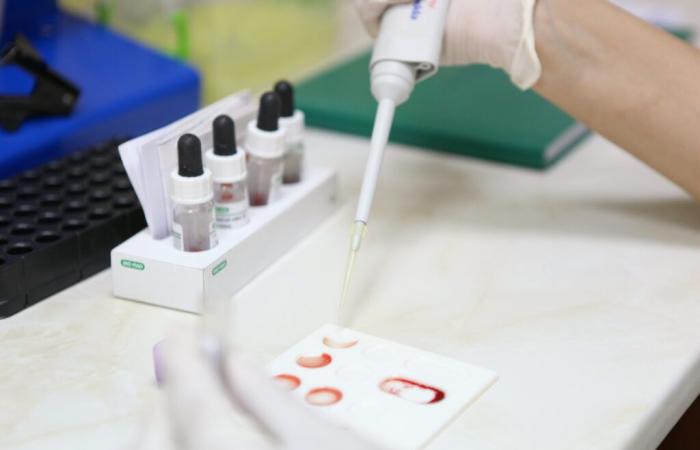Prostate cancer is a leading cause of cancer-related deaths in men, causing more than 30,000 deaths in the United States alone. While most prostate cancers initially respond to therapies that block androgen receptors, some tumors progress to a very aggressive, treatment-resistant form known as neuroendocrine prostate cancer.
which no longer depends on androgen signaling.
This aggressive form of prostate cancer is therefore extremely difficult to treat.
The studyled by Drs Maria Diaz-Meco and Jorge Moscat, professors of oncology at Weill Cornell Medicine reveals that:
- the absence of a protein called PKCλ/ι in prostate cancer cells allows a formidable enzyme, EZH2, to stimulate this aggressive growth, even in the presence of androgen receptor inhibitors;
- Normally, PKCλ/ι limits EZH2 activity, but in PKCλ/ι-deficient cells treated with androgen receptor inhibitors, an alternative form of EZH2 is produced that exerts a different function: this form of EZH2 causes rapid production of proteins and activates growth factors such as TGF-β, favoring an environment around the tumor which favors the progression of cancer, despite the inhibition, by treatments, of receptors for androgens.
Discovery of critical mechanism of treatment resistance of prostate cancer, suggests new therapeutic approaches: by deciphering the formidable role of EZH2 in this context,
it once again becomes possible, by targeting the enzyme, to resensitize tumors to inhibitors
androgen receptors or make the cancer vulnerable to treatment again.
This research thus lays the foundation for clinical trials combining androgen receptor inhibitors with EZH2 or TGF-β inhibitors for patients with treatment-resistant prostate cancer characterized by PKCλ/ deficiency. ι.
Targeting these pathways offers hope of not only overcoming resistance but also expanding treatment options for this challenging form of cancer.
Health





